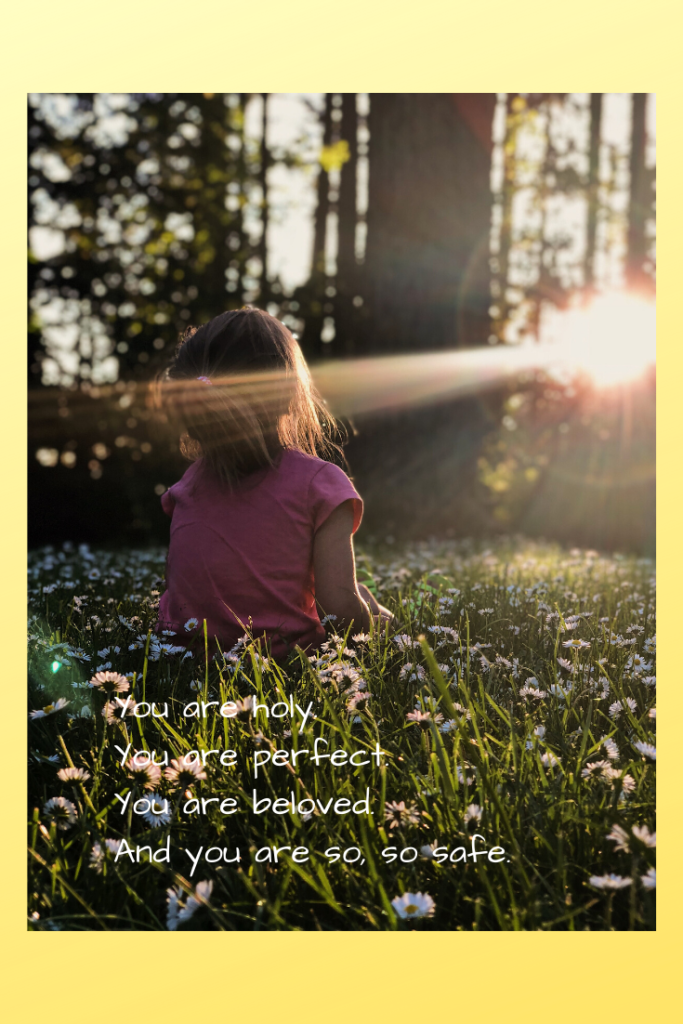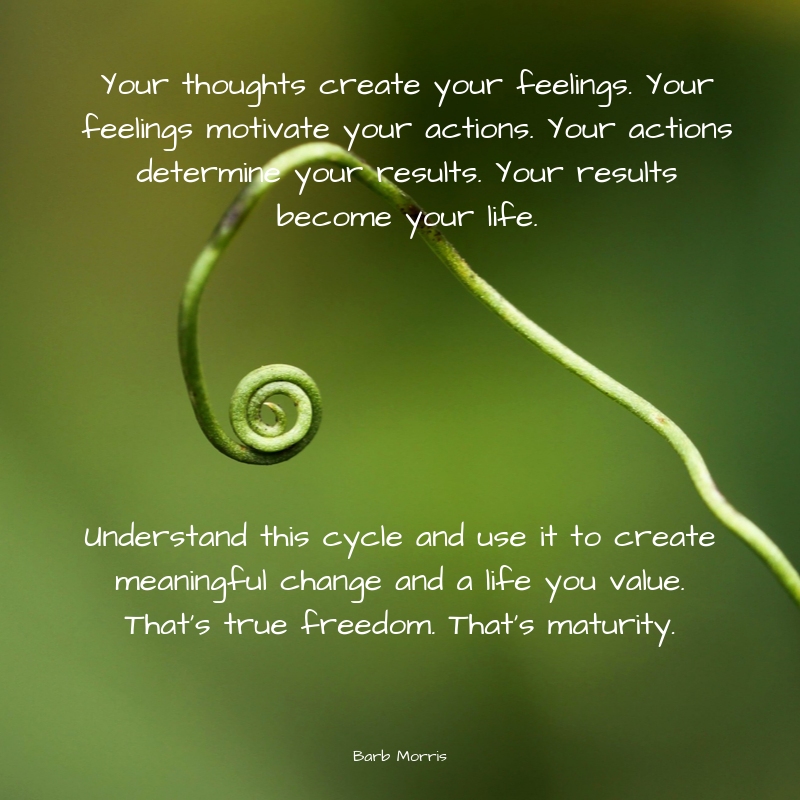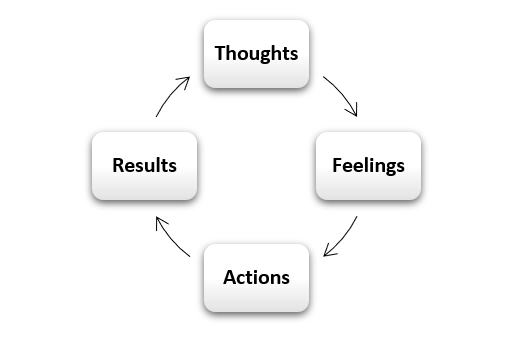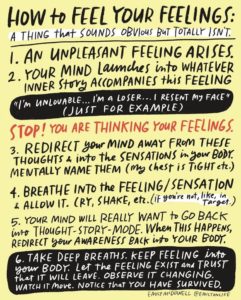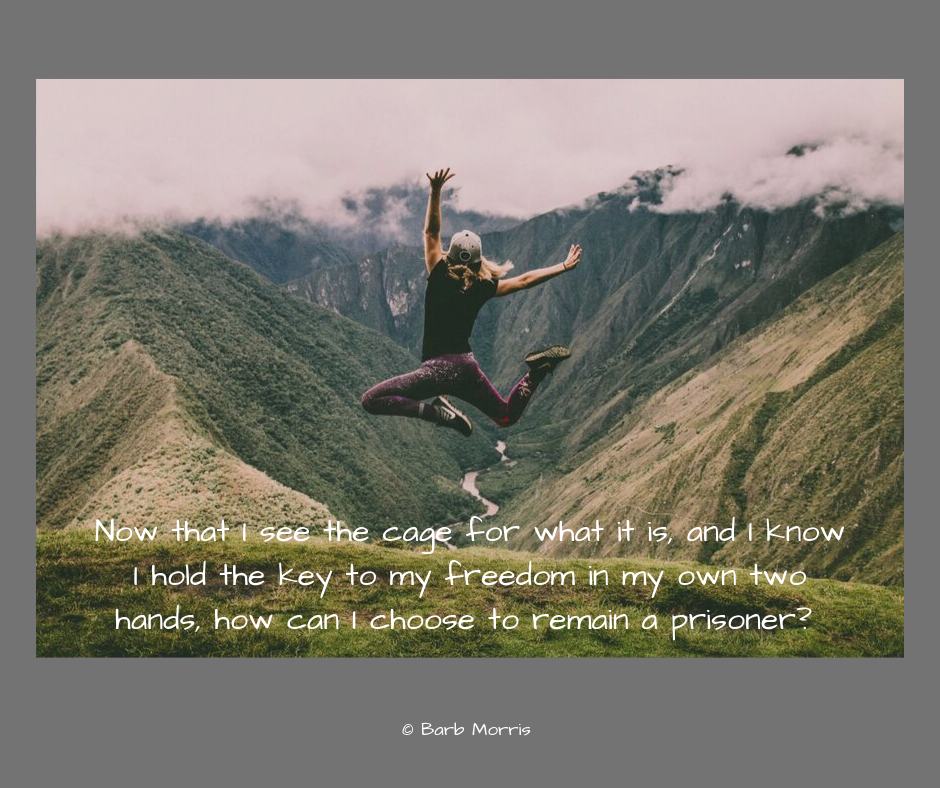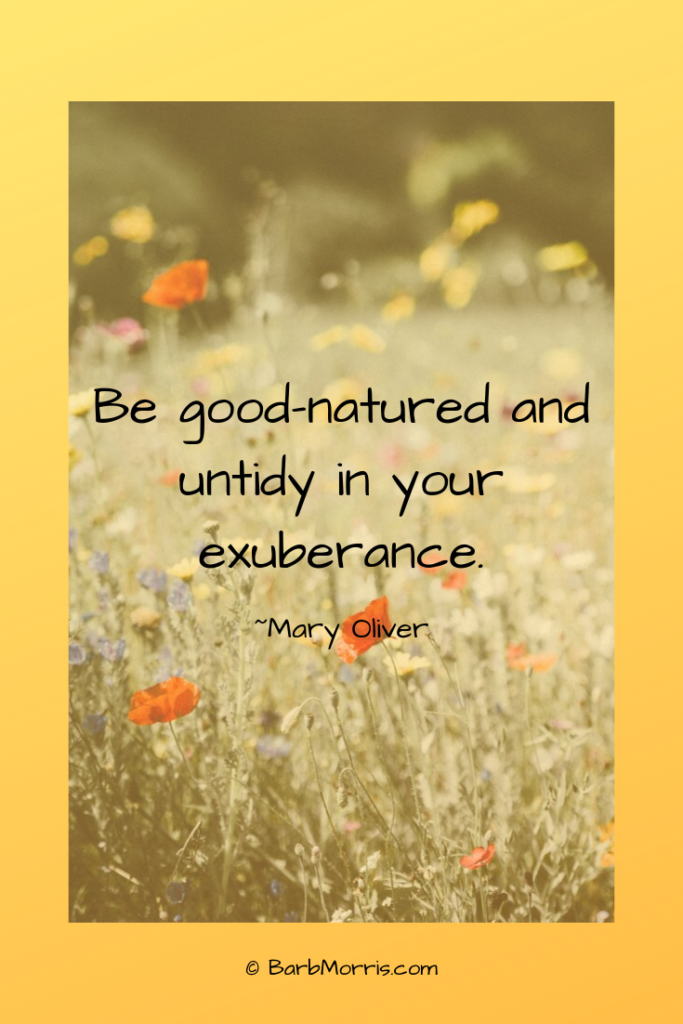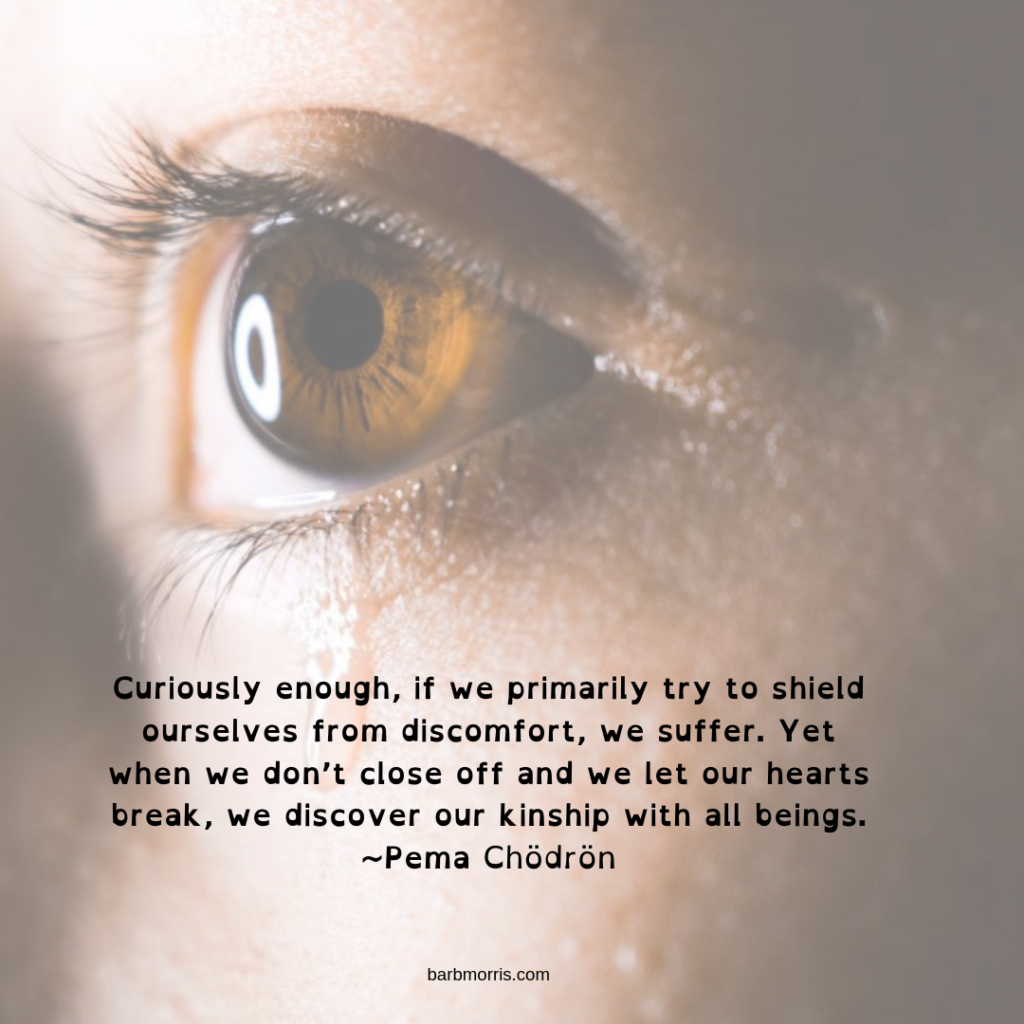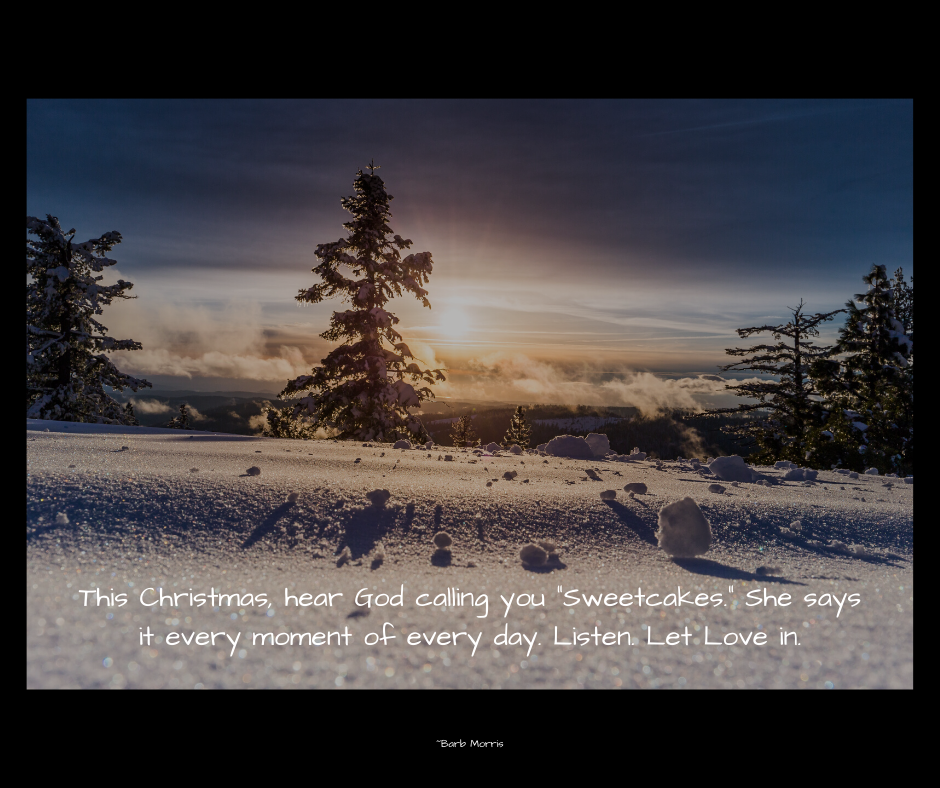
Forty years ago my dad died while skiing in Keystone, Colorado. That event put the cherry on top of the decade that undid me. I’d been mostly holding myself together through my parent’s divorce when I was 12, my big brother and eventually my little sister leaving to live with my dad, my dad’s subsequent three marriages, and my mom dating and marrying a man who violated me. Despite all that, I was still remarkably intact. Until December 15, 1979.
That sunny December morning shattered me. From that day on, the world felt lined by broken glass.
As children do, I made sense of my dad’s sudden death and all that had come before by concluding that I must be a bad person and I deserved this pain. So I renewed my efforts to be a good girl who followed the rules and did as she was told. Like many women living under patriarchy, I had a deep sense that I just wasn’t good enough, so I practiced other-focused, people-pleasing behavior and created a life that was too small.
I was desperate for ways to make life not hurt so damn much. Sharp surfaces, piercing nails, rattlesnakes with poisonous fangs – they seemed to be everywhere. So I stayed little and quiet and I stuck to well-trodden trails, striving to pad myself and blend in and make myself useful. A bad person pretending to be good.
I spent forty years seeking solace outside myself, searching for places that didn’t hurt. Trying to find answers to the wrong question. Looking outside myself, when what I needed to do was see the lie and let it go. I was trying to figure out how to live in a world of broken glass, since that seemed to be what I deserved, rather than allowing myself to see that I’d made the world of broken glass with my own mind.
I’ve realized that forty years is long enough to wander in the wilderness of suffering and self-loathing. The meaning I made from that terrible decade – that I’m not worthy of love and respect, that bad things only happen to bad people – is a lie. I know it’s a lie because I feel hard and separated from my soul when I believe it.
This lie of self-loathing can only be healed by choosing to believe the uncomfortable truth that God doesn’t make junk. Even squirrels have value and worth. All creation is holy and worthy and beloved, just because it exists. Value is intrinsic. It doesn’t have to be earned. We are born perfect.
The false belief my clients have in common, the core thought causing them distress, is this: “I’m not good enough. I have to try harder. I have to pretend to be perfect.”
Focusing on that false belief doesn’t heal it. Focusing on the false belief only cements it deeper. That belief is a habit. That’s all. We break old destructive habits by building new, better habits.
So shine a light on that false belief just long enough to identify it, and then set about gently dismantling the lie. Don’t take the wrecking ball to the lie, or do battle with it. Just focus, instead, on healing your brain by believing new, life-giving thoughts. “I am okay. I am enough. I am necessary. I am priceless.” Just five minutes a day will begin to weaken the old false beliefs and begin to build a home for the ages. The too-small dilapidated house you’ve been living in will slowly crumble and blow away.
Gently give your heart, who’s known all along that you are beloved and precious, light and rain and warmth.
The seed of your true self has been waiting for just such conditions to sprout.
She will burst her armored shell, break forth, and sing. Your small life will be broken open and will never be the same. The world changes when you become yourself.
I know now the World cried with us when my dad died on that mountain. Holiness was in the trenches with me as my world fell apart. Light was shining through the broken glass. Love has been holding my hand all along, leading me out of the wilderness back home to myself.
Christmas, the Feast of the Incarnation, is God saying “Yes” to us. The Divine is telling us this fleshy human life is beautiful.
This Christmas, hear Holiness say, “You matter. You are necessary. You belong. You are perfect.”
This Christmas, hear God calling you “Sweetcakes.” She says it every moment of every day. Listen. Let Love in.
God Says Yes To Me
I asked God if it was okay to be melodramatic
Kaylin Haught, From The Palm of Your Hand. © Tilbury House Publishers, 1995.
and she said yes
I asked her if it was okay to be short
and she said it sure is
I asked her if I could wear nail polish
or not wear nail polish
and she said honey
she calls me that sometimes
she said you can do just exactly
what you want to
Thanks God I said
And is it even okay if I don’t paragraph
my letters
Sweetcakes God said
who knows where she picked that up
what I’m telling you is
Yes Yes Yes
Photo by Denys Nevozhai on Unsplash

